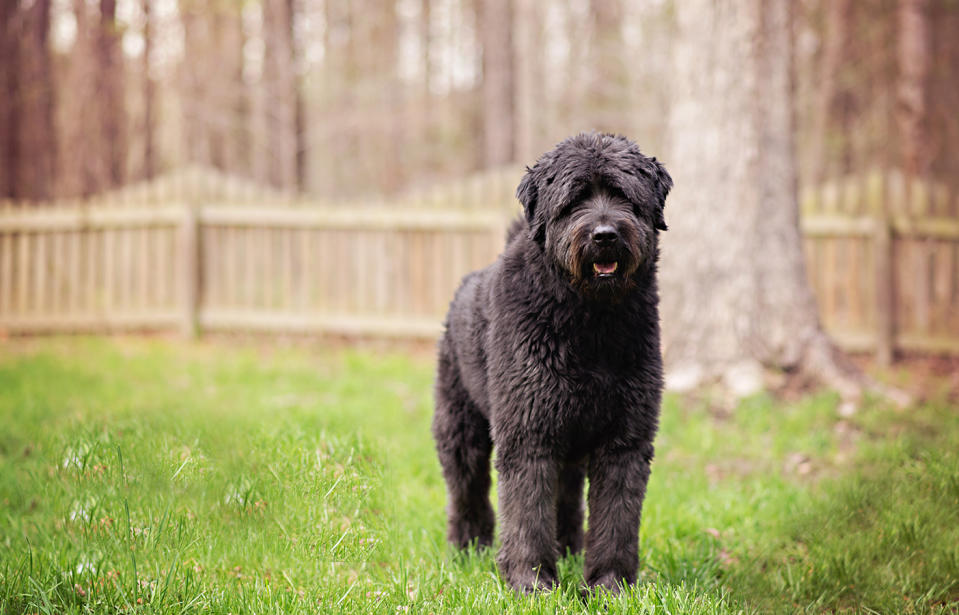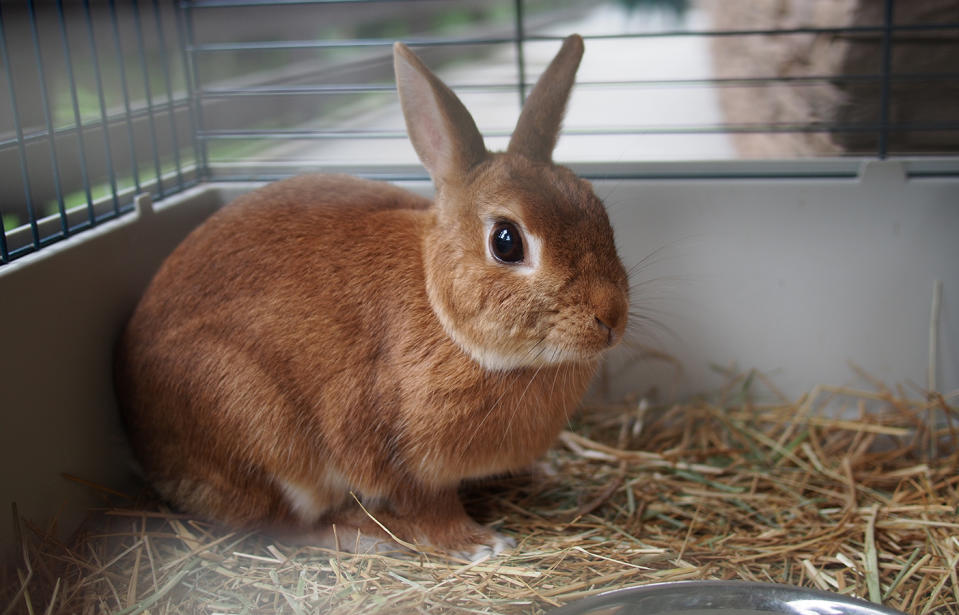How pet owners are unknowingly putting animals at risk in summer heat
With the nation in the grip of a heatwave, leaving pets outside in the blistering sun can have catastrophic consequences, animal experts have warned.
Australians are unknowingly putting their animals’ lives at risk by assuming pets will be ok left in a shady part of the yard while they are out at work all day, Sydney University lecturer in veterinary science Anne Fawcett told Yahoo7 News.
“Pet owners might go to work and they sit in the air-conditioning all day, and they don’t realise their companion animals are sitting outside in the heat,” she said.

“They forget that shade moves. They see the backyard in the morning and the evening but they don’t see what happens during the day.
“Animals don’t have the ability to cool themselves down like we do.”
She advised pet owners to check the weather forecast and plan accordingly, being mindful heatwaves can last more than one day.
Arranging for a neighbour to check on pets through the day, or hiring a dog walker or pet sitter to spend time with them while you’re at work are ways to help keep pets safe over summer, the vet suggested.
There are a lot of people taking dogs to outdoor markets and fairs and they often don’t think about the heat having such an impact on their pets, Ms Fawcett added.
“If you are planning a day out on a hot day, have a plan B.”
Pet owners have also been advised against walking their dogs on hot roads and footpaths during the heat, as surfaces can reach more than 50C.

Popular ‘flat faced breeds’ like pugs and bulldogs can suffer more in the heat because they find it difficult to breathe. Also at greater risk are puppies and aged dogs, and those with thick coats like huskies or malamutes.
Ms Fawcett said caged animals and “pocket pets” are often overlooked when people consider keeping household animals safe over summer.
“Rabbits and guinea pigs can die when the temperature reaches 28 degrees. They need to be moved inside on hot days.”
Not only does their water evaporate quicker in the heat, but steel cages can effectively become ovens and the animals have no way of escaping, she warned.

She also urged people not to leave pets in cars, even for 10 minutes while ducking in quickly to the shops. The RSPCA has warned pets left in hot cars can die in just six minutes.
Even dogs travelling on the back of utes can burn their footpads or bodies on the tray as these can get very hot in the sun. The RSPCA has urged ute drivers who take their dogs along for rides to ensure their pooch has access to shade and water – preferably under a canopy.
Tips to help keep your pets cool
Groom pets and give them a short, summer cut;
Bring caged animals like guinea pigs and rabbits indoors;
Larger animals may need to be inside with the air-conditioning running;
Have someone check in on pets while you’re at work;
Don’t walk your dog on the hottest part of the day;
Be mindful water evaporates in the heat, so regularly check drinking water;
Avoid leaving your dog in concrete or asphalt areas where heat is reflected;
Ensure outside pets have access to shade;
Don’t leave your dog in a car unattended at any time
Heat stroke first aid
Dogs suffering from heat stress may pant, drool and become restless. Over time, they become weak and the colour of their gums may change; they may also start to stagger and experience vomiting, diarrhoea or seizures.
If a pet is presenting signs of heat stroke, owners are advised to bring the body temperature down at a steady rate.
Use cool water and a fan rather than ice and ice-cold water to avoid cooling too quickly, which can be harmful as the animal tries to regulate its temperature.
If your pet is displaying severe signs of heat stress, seek immediate vet treatment even they appear to be recovering as the animal may be dehydrated or have other complications, the RSPCA urged.
Native wildlife need help to beat the heat, too
Those who live in areas where native animals are prominent are also urged not to forget about our native animals also battling to beat the heat.
“Heat stress kills wildlife,” warned Victorian native animal rescue Amaroo Wildlife Shelter.
The volunteer-run service suggested Australians could help wild animals over summer by:
“Please make sure you provide water in the shade for the wild animals in your area,” wildlife rehabilitator Nicola Rae wrote on Facebook yesterday.
“Buy a bird bath or place water in hanging pot plants containers for small birds and possums, large tubs on the ground are good. Just place a rock or stick or two [inside] so small animals don’t drown,” she suggested.


